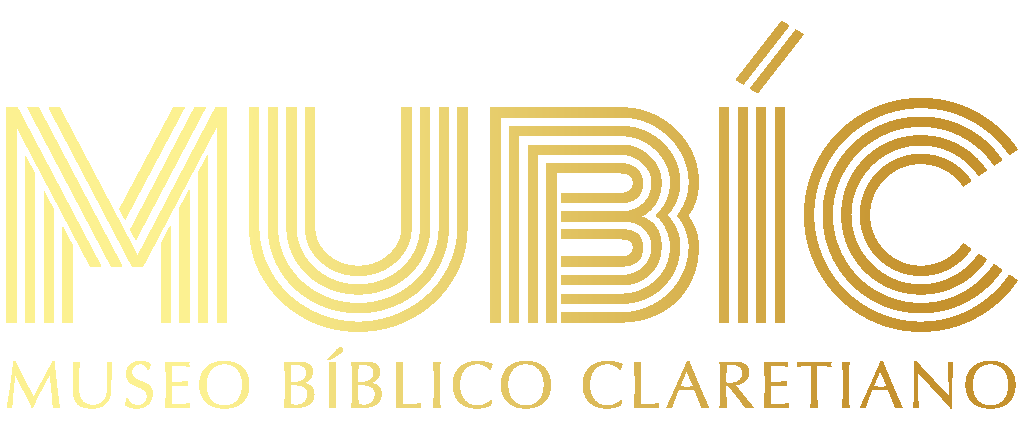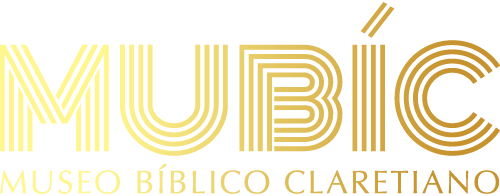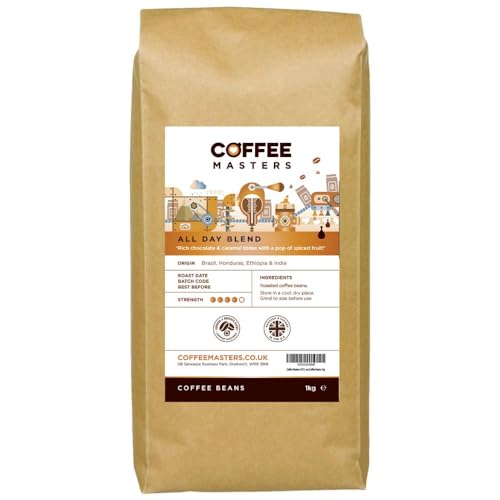



Foro
About Me
Coffee Bean Types: Arabica, Robusta, Liberica, and Excelsa
If you're a fan of coffee you're probably aware that different beans can produce different flavors. Learn more about four of the most sought-after varieties: Arabica, Robusta, Liberica, and Excelsa.
Excelsa beans are a kind of Liberica, are grown exclusively in Southeast Asia. They have a more fruity and tarter taste profile, and are often used in blends of coffee to add depth.
Arabica
Arabica is the world's most popular coffee with 75% of the world's coffee beans produced. Arabica beans have a sweeter and less sour taste than Robusta, and come in a variety of flavour profiles. The aroma and taste of a particular coffee can vary in a wide range depending on the cultivation conditions and processing methods employed to make it.
The word "coffee" actually comes from the Arabic word for berry, and coffee beans are fruit seeds that grow inside bright red berries. It is believed that ancient Ethiopian shepherds discovered that their goats were energized by eating these berries. The cultivation of coffee grew quickly across the globe.
Coffee beans can be grown at higher altitudes, and are capable of flourishing in cold temperatures and lots of rain. This is why Arabica coffee is considered to be the most delicious type of coffee.
Many specialty coffee roasters and shops are focused on sourcing their arabica beans ethically by focusing on fair wages for farmers and sustainable cultivation practices. These companies blend arabica beans to create unique coffees that are suitable for different brewing methods. Blending allows for control over the flavour, aroma, body, and acidity of the coffee and is often preferred in order to achieve a consistent and balanced taste that appeals to a wider market.
Robusta
Robusta beans (Coffea canephora) are the second most common type of coffee bean cultivated worldwide. They contain more caffeine per bean than Arabica, and are more resistant to pests and disease. They also have higher levels of chlorogenic acids, which are antioxidants that naturally occur. However, these acids could cause oxidation in the process of brewing coffee beans price and can cause undesirable flavors.
The plant itself is more robust than arabica and is able to grow in less favorable climate conditions and at lower elevations. It can withstand higher temperatures and coffeee.uk thrives in direct sunlight. It produces more coffee per plant, and it grows faster than arabica. This makes it a more economically viable crop to cultivate.
While it might seem contradictory Robusta beans are frequently mixed with arabica to create coffee blends. If you notice names like Uganda or Kenya on a coffee bag, it's possible that there is also some robusta.
While some roasters exclusively use arabica beans, the majority of roasters use a mix of the two varieties to reduce costs and preserve quality. To preserve the quality of the flavor, it's crucial to select a high-quality bean from a supplier you trust. This can be done by purchasing your beans direct from the farmer.
Liberica
Liberica beans have a shape that is like a football, that makes them different from other coffee beans. They have a distinctive aroma that is fruity and floral with smokey undertones. They are often added to other types of coffee beans to give them a richer, more robust taste.
Liberica coffee beans are grown in West Africa and Malaysia (Borneo) as well as in Southeast Asia. They can be found at low altitudes and withstand humid, hot climates. They also have a more resistant to diseases than Arabica and Robusta.
These qualities make them perfect for growing at home. You can purchase seeds from a variety of sources. However, it is ideal to purchase the beans from local producers to ensure the highest quality. The best conditions for growing Liberica coffee beans manchester plants are fertile, deep volcanic soils with moderately acidic pH and sufficient annual rainfall.
Excelsa is another type of coffee bean. It was originally classified as a distinct species, but has since been reclassified as a Liberica variant. These coffee beans are elongated ovals that are grown on large 20-30-foot coffee plants at moderate altitudes. They have a distinct flavor that is both fruity and tart and makes them a popular choice in house blends. They have a less pronounced aroma and higher caffeine content than Arabica or Robusta but they do have a distinct flavor.
Excelsa
Excelsa coffee beans aren't as well-known as Arabica and Robusta, although they're fourth popular. They were considered to be a different coffee plant species until 2006 when they were classified as a synonym for Coffea Liberica var. dewevrei. They are grown in Southeast Asia today and account for 7% the world's production of coffee. These coffee beans are distinctive with a teardrop shape, and a dark, mysterious taste. They are often blended to add extra body and a luscious, tart, ripened fruit flavor.
Arabica beans are the most sought-after, and are renowned for their an apricot-like flavor. They thrive in tropical, warm climates as well as at higher altitudes. They also have a bit of acidity. If brewed and roasted correctly, they can have notes like chocolate, nuts or even fruit.
Robusta is the second most sought-after coffee around the world. It makes up around 40% of the coffee consumed globally. Robusta beans are rounder and smaller, yet they contain twice as much caffeine than Arabica. They also taste bitterer than the other two types and have an earthy, woody taste.
After having a better understanding of the four most popular types of brew, it's time to select the best brew. If you prefer a delicate and smooth flavor, choose an arabica bean or a blend made up of arabica beans and robusta beans.
Location
Occupation
Latest Post: Nuevo Testamento Our newest member: carlcannon7601 Recent Posts Unread Posts Tags
Forum Icons: Forum contains no unread posts Forum contains unread posts
Topic Icons: Not Replied Replied Active Hot Sticky Unapproved Solved Private Closed



